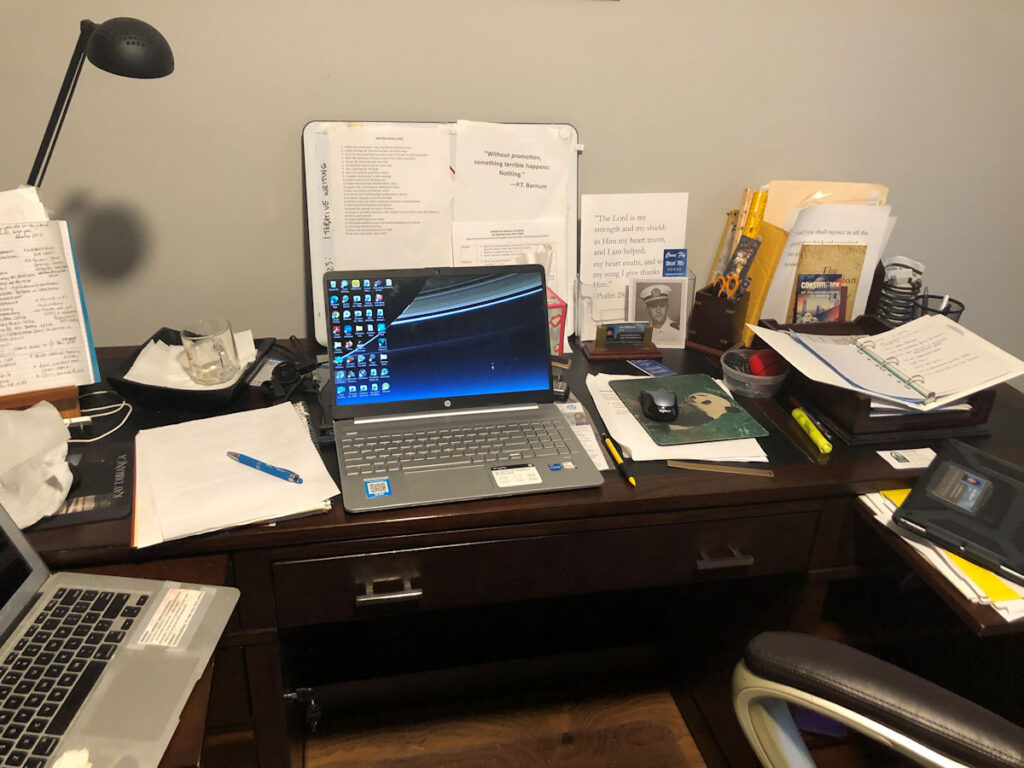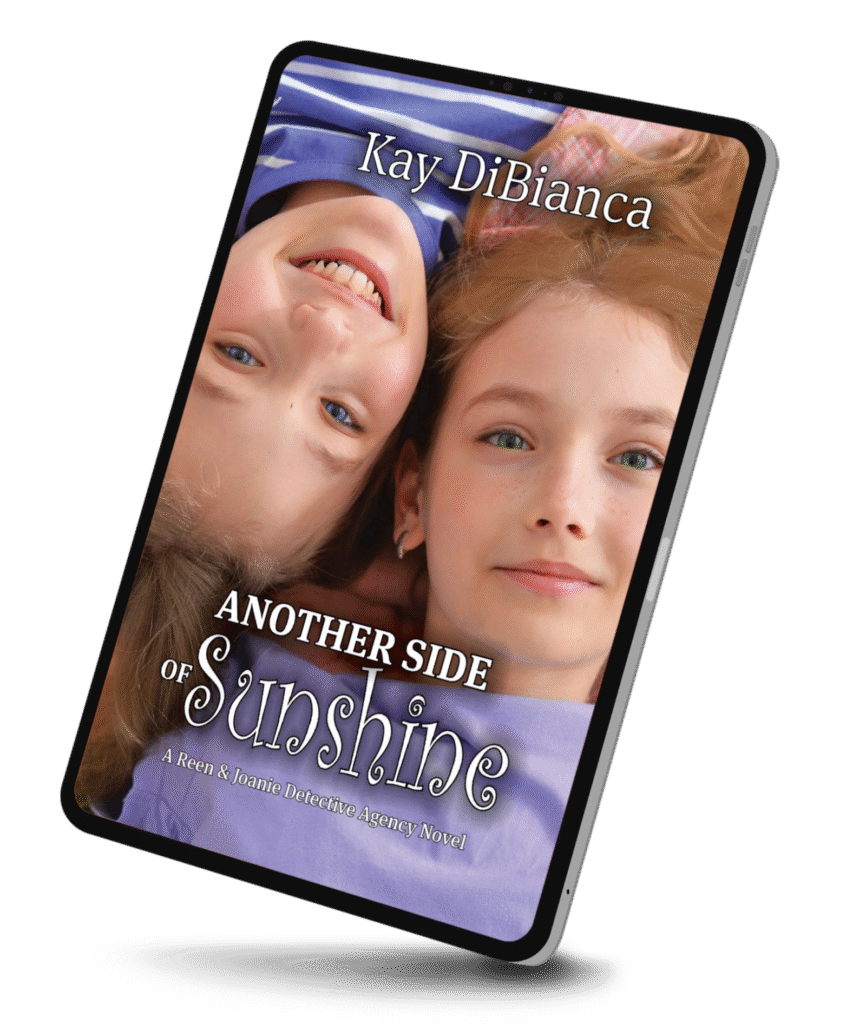 Spoiler: It ain’t quick and it ain’t easy.
Spoiler: It ain’t quick and it ain’t easy.
“Okay Boomer.”
There, we’ve all said it together so now that’s out of the way. I wrote my first published novel when “Lion King” and “The Santa Clause” were the top two new releases of the year, and O.J. Simpson’s criminal trial for murdering his wife dominated the news cycle. Query letters were sent via U.S. mail (don’t forget the self-addressed stamped envelope), and manuscripts, God help us, had to be printed then mailed via Fed-Ex at about $25 a pop. Submission and rejection were expensive. On the positive side, the expense was also a barrier to entry. When there’s expense, I think writers are more careful about their editing in particular and storytelling in general.
Thirty books later, a few of which were bestsellers and fewer of which bombed, I think I’ve got insight worth sharing about how to survive as a working novelist and end up with a decent reliable income. NOTE: Mileage may differ for other writers.
Write a good story that is accessible to a wide audience.
I write thrillers about families in jeopardy. They are emotional roller coasters that are simultaneously heartwarming and violent. I intentionally appeal to as broad an audience as I can.
You write what you write — romance, sci-fi, fantasy, young adult, children’s, whatever. Then there’s romantasy, a genre I didn’t even know existed until I did a joint signing with Jennifer Armentrout and saw that her line was about fifteen times longer than mine. The idea is to embrace the largest possible audience to sell the largest number of books. Even before we get into talking about publicity and marketing, if you’ve written a cross-genre sci-fi vampire romance set on Planet Xanthar where all the characters are ugly, you’ve got to understand that the odds of success are stacked against you.
Sell your work to and through a traditional publisher.
(See Okay Boomer, above). Yes, there are gatekeepers (yay for them!), yes, there’s rejection, delayed gratification and all the blah-blah and yada-yada about self-promotion is true. And yes, you have to have an agent to gain entry to the gatekeepers.
But your stuff is good, right? You shouldn’t be afraid of no stinkin’ gatekeeper. Once you’re through the gate and you’ve become a critical element of the traditional publishing machine, you’ll have access to retail outlets and film agents and foreign agents and subrights opportunities that can pay handsomely. All of these are negotiated by others on your behalf so that you can get on with the business of writing the next book.
NOTE: All the rumors you hear from “experts” who say that the traditional system is closed to new writers are lies. The entire industry thrives on new writers.
ALSO NOTE: The entry gate is also the exit gate. Once you get a contract, the pressure remains to keep producing good stories that are accessible to wide audiences.
To get ahead of the comments I imagine will come, I acknowledge the royalties paid by traditional publishers to their authors is considerably less that that which is paid through online publishers, but you’ve got to consider that trad publishers pay advances and then bear the burden of all production and marketing costs. By my math, 15% of 25,000 sales is better than 70% of 250 sales.
Don’t stop writing.
Whether you make $1,000 from your first book or $100,000, you can’t stop writing if you want to make this writing gig a career. One book per year, minimum — or even more than that if you’ve chosen certain genres. This is a business of numbers and name recognition. By definition, nobody knows who you are when your first book drops, but if readers like the story, a solid percentage of them will buy your next book, too, and then tell their friends about it. The people who first learn about you on your fifth book (or fifteenth) may be inspired to go back and buy your previous works.
So, folks, this brings us to the true secret of how to make a living as a novelist. Never forget that . . .
The backlist sells the front list.
Of my 30 novels, 16 are part of my Jonathan Grave thriller series, with #17 on its way in February, 2026. Every time a new book is released (look for Scorched Earth, dropping on February 24), there’s a big spike in sales for the first book in the series, and smaller spikes in all the books that follow. The backlist lives forever and produces income forever, but for best results, that income pump needs to be primed annually with a new release. Otherwise, the sales curves flatten.
Do the math. Every book is an evergreen revenue generator, and those revenues add up over time. Now, 30 years into this game, I have reliable income from my current book, previous years’ books, foreign versions of all of the above, ongoing renewing movie options, and miscellaneous sources like speaking fees and the occasional short story. All of this in addition to the Social Security payments I’ll start accepting in a couple of years.
As promised, the route to real money is neither quick nor easy. But it is very real.
Final note: If you read this post on the the day it was published, I will be in Las Vegas, hanging out with 65,000 of my closest friends at the SHOT Show. Check my Facebook page for updates.

Pre-order your copy today!


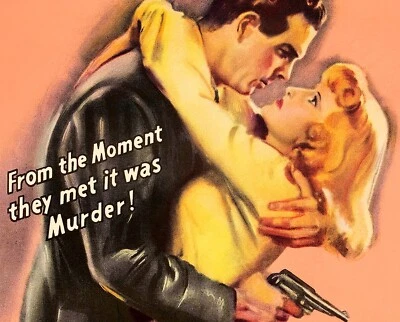
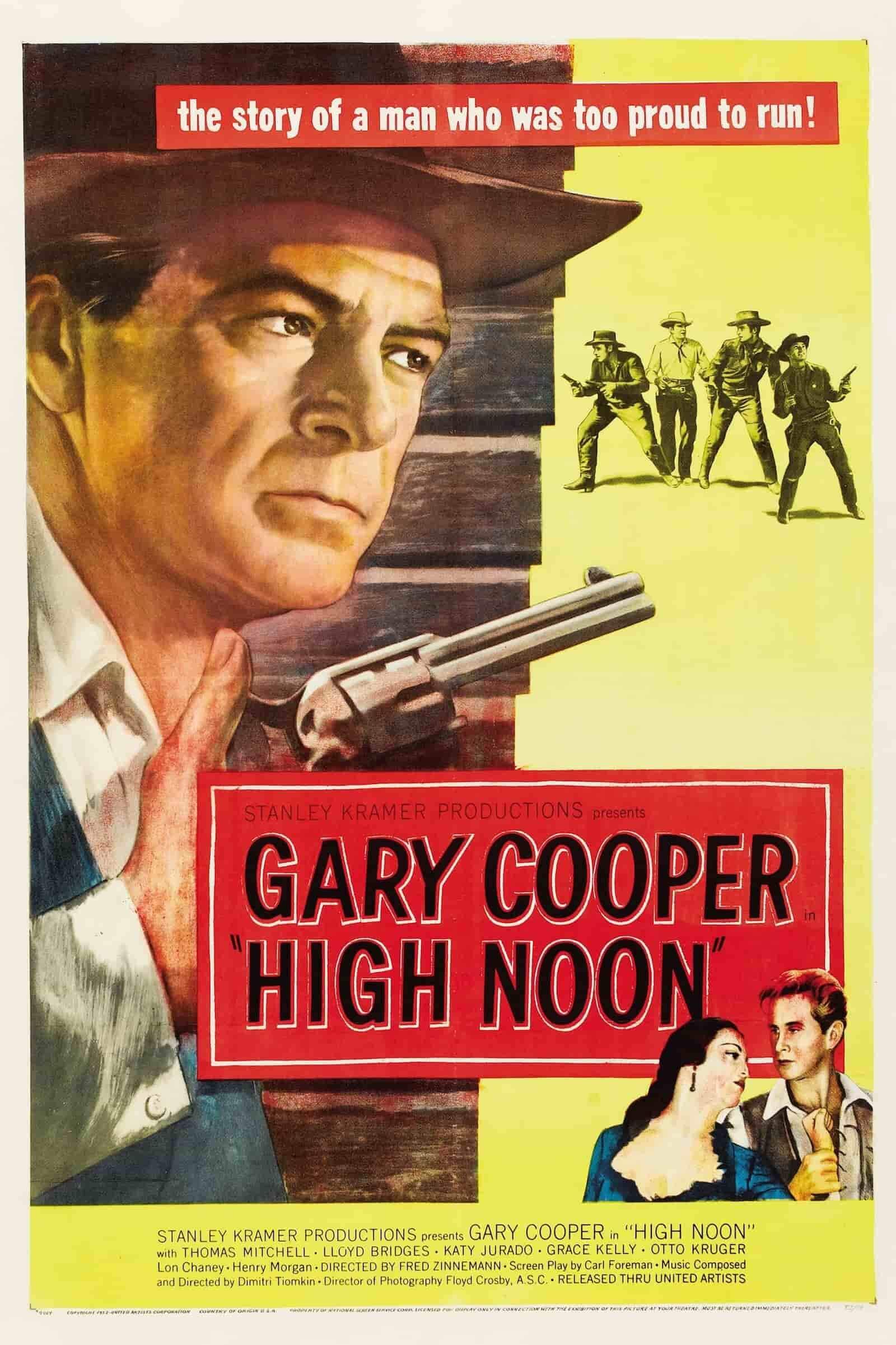
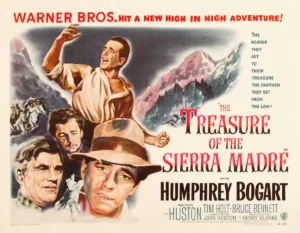
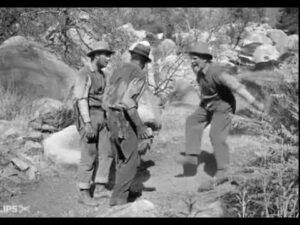
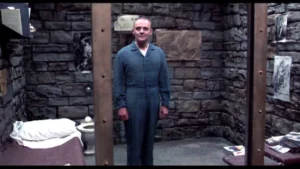












 I hope you don’t mind if I indulge in a little BSP. It’s release day for
I hope you don’t mind if I indulge in a little BSP. It’s release day for 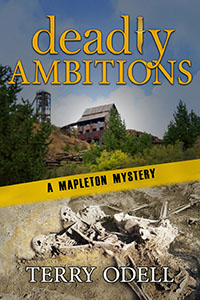

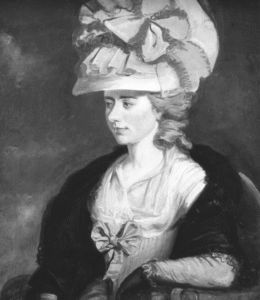
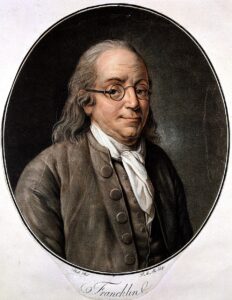

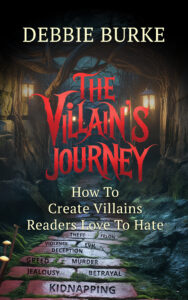 Is 2026 the year you want to learn to write fascinating villains and antagonists? Please check out Debbie Burke’s bestselling craft guide, The Villain’s Journey-How to Create Villains Readers Love to Hate.
Is 2026 the year you want to learn to write fascinating villains and antagonists? Please check out Debbie Burke’s bestselling craft guide, The Villain’s Journey-How to Create Villains Readers Love to Hate.
